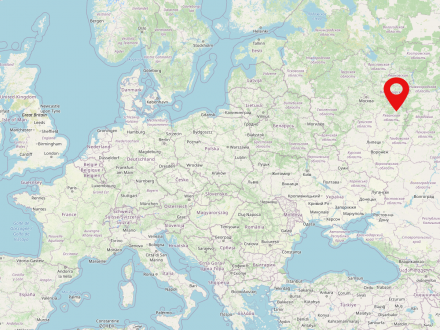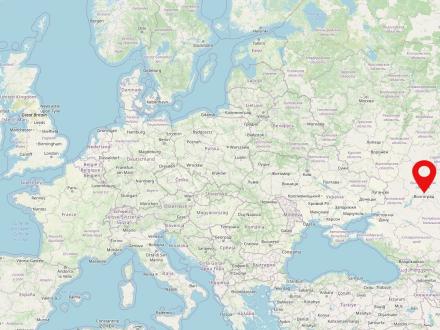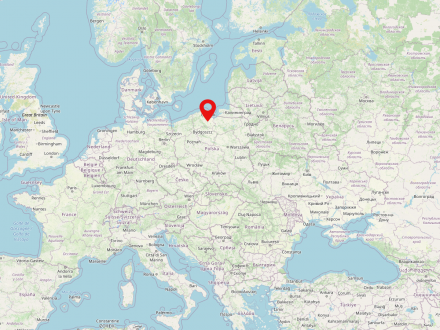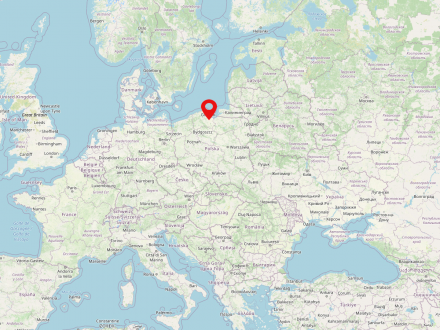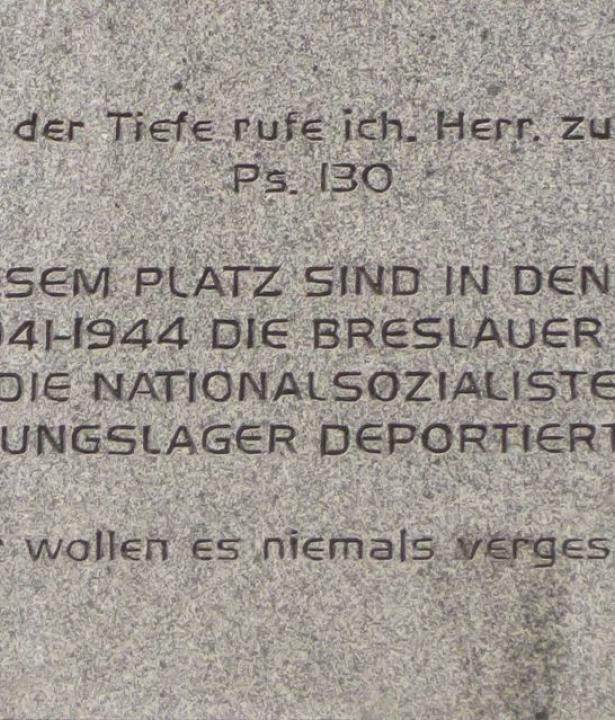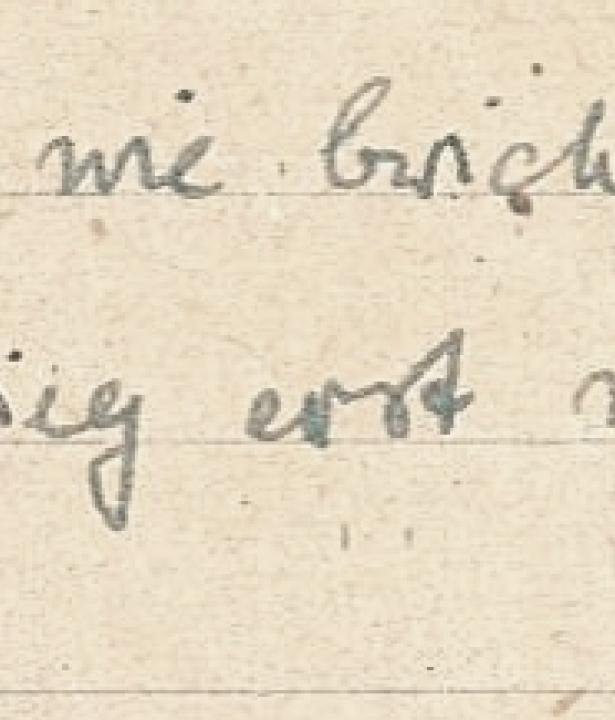The Soviet Union (SU or USSR, Russian: Союз Советских Социалистических Республик (СССР) was a state in Eastern Europe, Central and Northern Asia existing from 1922 to 1991. The USSR was inhabited by about 290 million people and formed the largest territorial state in the world, with about 22.5 million square km. The Soviet Union was a socialist soviet republic with a one-party system.
The city on the Volga was called Tsaritsyn until 1925, then Stalingrad until 1961. It is internationally known because of the Battle of Stalingrad in World War II, in which the Wehrmacht and its allies were devastatingly defeated by the Red Army in the winter of 1942/43, and which is considered a psychological turning point in the war. In the framework of de-Stalinization, the city was renamed Volgograd in 1961.
West Prussia is a historical region in present-day northern Poland. The region fell to Prussia as a result of the first partition of Poland-Lithuania in 1772 and received its name from the province of the same name formed by Frederick II in 1775, which also included parts of the historical landscapes of Greater Poland, Pomerania, Pomesania and Kulmerland. The Prussian province lasted in changing borders until the early 20th century. After World War I, parts fell to the Second Polish Republic, founded in 1918. The largest cities in West Prussia include Gdansk (Polish: Gdańsk, today Pomeranian Voivodeship), Elbląg (Polish: Elbląg, today Warmia-Masuria Voivodeship), and Thorn (Polish: Toruń, today Kujawsko-Pomeranian Voivodeship).
Marienburg (Polish: Malbork) is a city in the Polish voivodeship of Pomerania (Polish: Pomorskie). It is located in the north of Poland, about 50 km southeast of Gdańsk/Gdansk. Marienburg lies on the Nogat River and is populated by just under 39,000 people.


